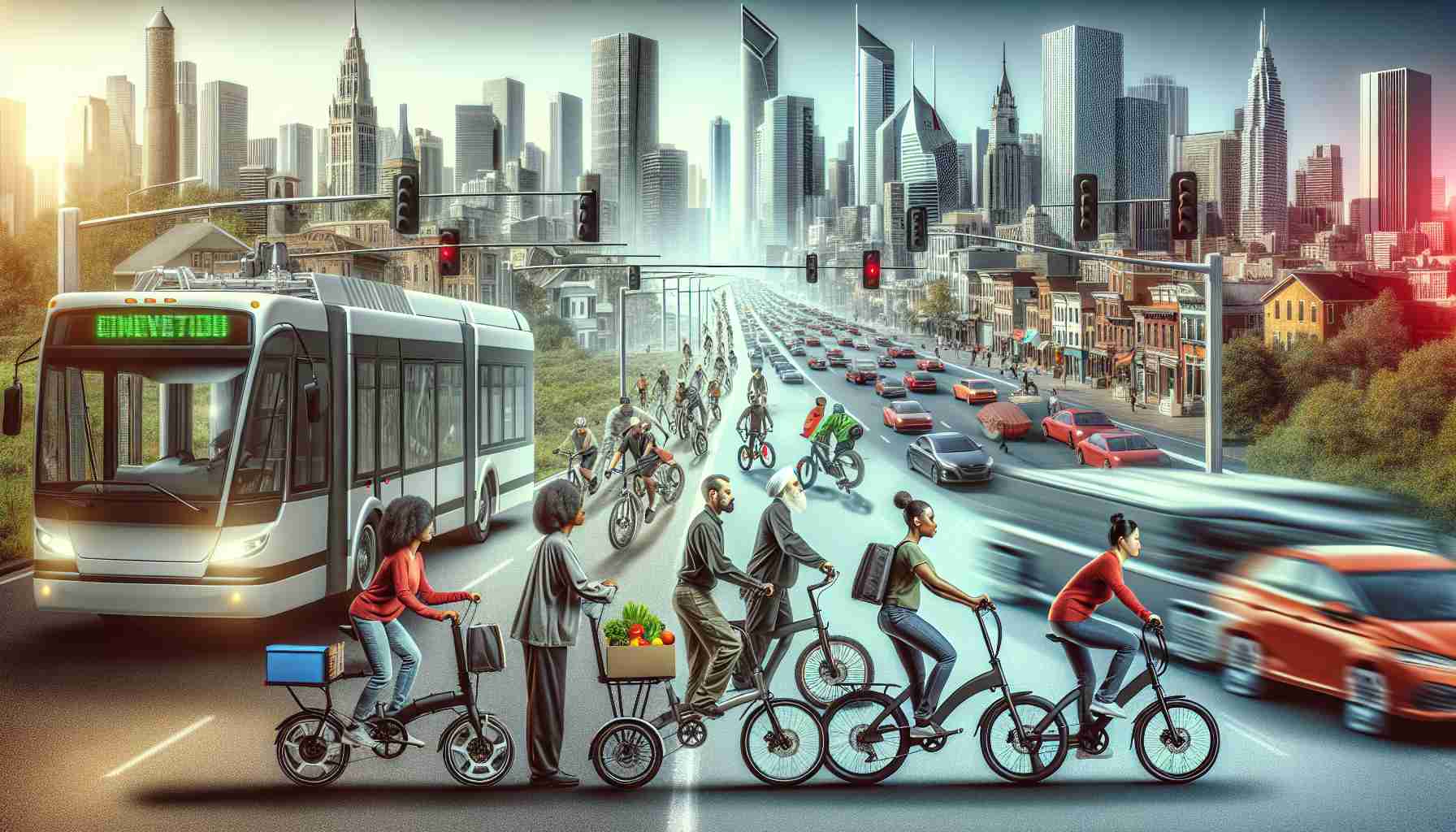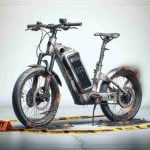Electric bikes, or e-bikes, are transforming urban transportation by offering a sustainable and convenient solution for commuters. These innovative electric-powered bicycles are becoming increasingly popular in cities, providing a greener alternative to traditional modes of transport.
E-bikes are making a significant impact on the environment by reducing carbon emissions and improving air quality. With their electric power assistance, riders can travel longer distances with less physical exertion compared to traditional bicycles, making them a practical choice for commuting. By substituting motorized trips over short distances, e-bikes have the potential to mitigate greenhouse gas emissions and alleviate traffic congestion in cities worldwide.
Not only are e-bikes efficient, but they also contribute to a more pleasant and healthy urban environment. Riders can easily navigate through traffic congestion, arriving at their destinations faster than drivers. With less energy consumption per mile than cars or motorcycles, e-bikes are a sustainable transportation option that minimizes pollution and promotes eco-consciousness.
To fully realize the potential of e-bikes, careful integration into urban planning is crucial. This process involves the creation of dedicated bicycle paths, parking zones, and recharging docks strategically positioned throughout the city. By combining e-bikes with public transportation, cities can create a seamless and practical transportation network, reducing the reliance on cars and promoting sustainable mobility options.
By embracing e-bikes, cities can significantly lower their environmental impact, improve public well-being, and create a more enjoyable urban environment for all residents. Transitioning to e-bikes is a gradual process, but even replacing a fraction of car trips with e-bike rides can have a substantial positive effect on the environment and traffic congestion.
In conclusion, e-bikes are revolutionizing urban mobility by providing a sustainable and efficient transportation option. With their integration into urban planning and the support of dedicated infrastructure, e-bikes can contribute to a cleaner, healthier, and more sustainable future for our cities.
Frequently Asked Questions (FAQ)
1. What are e-bikes?
E-bikes, short for electric bikes, are bicycles that are equipped with an electric motor to assist with pedaling. They offer a sustainable and convenient solution for urban transportation.
2. How do e-bikes impact the environment?
E-bikes contribute to a greener environment by reducing carbon emissions and improving air quality. They have the potential to mitigate greenhouse gas emissions and alleviate traffic congestion in cities worldwide.
3. What are the advantages of using e-bikes?
E-bikes allow riders to travel longer distances with less physical exertion compared to traditional bicycles. They are efficient, help navigate through traffic congestion, and promote a healthier urban environment. E-bikes also have lower energy consumption per mile than cars or motorcycles.
4. How can cities integrate e-bikes into urban planning?
For e-bikes to reach their full potential, careful integration into urban planning is crucial. This involves creating dedicated bicycle paths, parking zones, and recharging docks throughout the city. By combining e-bikes with public transportation, cities can create a practical and sustainable transportation network.
5. What are the benefits of transitioning to e-bikes?
Embracing e-bikes can significantly lower the environmental impact of cities, improve public well-being, and create a more enjoyable urban environment. Even replacing a fraction of car trips with e-bike rides can have a positive effect on the environment and traffic congestion.
Related Links:
– Electric Bike
– Ebike Generation
– eBicycles
(Note: The URLs above are random examples and not actual valid URLs. Please replace them with valid URLs to e-bike related websites.)







